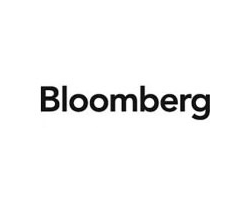China Expected to Set Annual Cap on Coal Imports at 300 Tonnes, Industry Leader Says

November 12, 2019 - China is likely to hold its coal imports at between 200 million and 300 million tonnes this year, according to the president of a top industry body, suggesting that the pace of shipments so far in 2019 could tail off in the last two months, and establishing a cap on expectations for subsequent years.
Imports at this level are necessary to supplement domestic miners and maintain balanced trade with exporting nations, Yang Xianfeng of the China Coal Transportation & Distribution Association told a conference in Shanghai on Saturday.
China last exceeded the upper limit in 2013, but this year expectations have built that 300 million tonnes could again be reached after cargoes in the first 10 months hit 276 million tonnes, in part due to cheaper overseas prices.
“We will maintain a certain level of imports, but we also don’t want imports to be too big,” Yang said at the event held during the Shanghai import expo. “The target is to ensure both domestic supply-demand balance, and also balanced global trade.”
China regularly tries to control imports to help local miners by limiting the amount of competing coal. In 2018 its foreign purchases were held at 281 million tonnes, with cargoes shut out almost entirely in the final weeks of the year.
“The short term slide in the coal market isn’t going to affect the overall stable trend,” Yang said.
Weaker prices were highlighted by Indonesia, China’s top supplier, which now expects its coal output to rise past 500 million tonnes this year, exceeding a target of 489 million tonnes.
“This will put pressure on an already oversupplied seaborne market” and was concerning the government in Jakarta, Hendra Sinadia, executive director of the Indonesia Coal Mining Association, told the conference.
Earlier in the day, Chinese firms got a head start on next year’s import needs, signing agreements for about 82 million tonnes of coal from foreign suppliers including BHP Group and Yancoal Australia.

